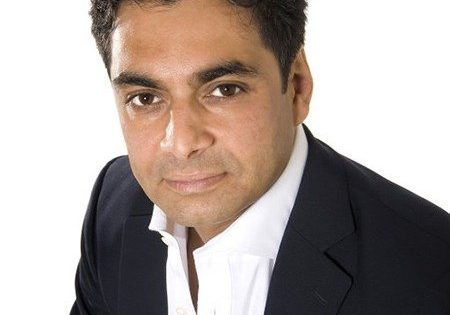During a Breast Ultrasound a small hand-held transducer (probe) is placed on the breast. It then emits high-frequency sound waves into the breast tissue. The probe collects the sounds that bounce back and a computer converts the sound waves into an image on a video display screen.
Find all the information you’ll need before coming to Hospital for treatment. Learn more about making an appointment, our luxurious accommodation and our exceptional facilities.
About Us
Founded in 1856, St John & St Elizabeth Hospital is one of the UK’s largest independent charitable hospitals. Our commitment to our patients is in the quality of our care, the range of our services and the quality of our consultants and staff.
Contact Us
Make an appointment, find our contact details and have your say by providing feedback. You’ll also find information on where to find us and how to get here.

Health Professionals
Find the useful information for Medical Practitioners, including information on patient referrals, careers, education and more.
Services
St John & St Elizabeth Hospital is renowned for its highly specialised clinics that provide exemplary care for patients. Our expert Consultants cover the full range of specialties and are able to treat almost any medical condition.
Consultants
We’re proud to be the chosen Hospital for some of the world’s leading Consultants. Our specialist Consultants cover a wide range of specialisms and are committed to our values as a Hospital.
Search
Breast Ultrasound
About
Breast ultrasound imaging is a safe and painless procedure that produces pictures of the inside of the breast using sound waves. During the breast ultrasound scan a small hand-held transducer (probe) is placed directly on the breast, transmitting high-frequency sound waves into the breast tissue. The transducer then collects the sounds that bounce back and a computer converts the sound waves into an image on a video display screen. Ultrasound examinations do not use ionising radiation (as used in x-rays), so there is no exposure to radiation.
During a physical exam, mammography or during Magnetic Resonance Imaging (MRI), a physician may notice abnormalities, such as a lump, in the breast. A breast ultrasound can then be used to diagnose these abnormalities.
How is the procedure performed?
The breast ultrasound will be performed by a radiologist (a physician specifically trained to supervise and interpret radiology examinations). You will first be instructed to lie on your back on an examination table. You may also be asked to raise your arm above your head. A warm water-based gel will then be applied to the breast to ensure the transducer connects securely to the skin and there are no air pockets that could potentially block the sound waves. The transducer will then be placed on the body and moved back and forth over the breast.
It is likely you will feel the pressure of the transducer as it is pressed against the breast but this shouldn’t cause any discomfort. In cases where the scan is carried out over an area of tenderness you may feel some minor pain.
A breast ultrasound is usually completed within 30 minutes. Once complete, the clear ultrasound gel will be wiped off your skin. Any portions that are not wiped off will dry quickly. The ultrasound gel does not usually stain or discolour clothing.
Risks
There are no risks associated with a breast ultrasound.
Preparation
Before the breast ultrasound scan you will be asked to undress from the waist up and put on a gown.
Results
As with a mammogram, once the ultrasound is complete, a report will be validated and be made available to the consultant.
If the patient needs intervention (Biopsy or FNA) the specimen is sent to the pathology laboratory. Results will be sent to the consultant, the patient will have a follow up appointment to discuss the result.

Breast Clinic
The Breast Clinic comprises a multidisciplinary team that enables surgeons to work in partnership with their colleagues in imaging and pathology to ensure a smooth and informed process for patients.

Patient information
Our Hospital is renowned for providing exemplary levels of care across more than 90 services. From orthopaedics, to urology, our private GP practice and Urgent Care Clinic, our services are led by some of London’s leading Consultants. For more information, and to find a service suitable for your care, find out more about the services that we offer.
Make an enquiry
If you have any questions relating to treatment options or pricing information, get in touch with us by filling out one of our contact boxes or giving us a call on 020 3370 1041 .
Our Appointments Team have a dedicated and caring approach to finding you the earliest appointment possible with the best specialist.
If you are self-paying you don’t need a referral from your GP for a consultation. You can simply refer yourself* and book an appointment.
If you have health insurance (e.g. Bupa, Axa Health, Aviva), you will need to contact your insurer to get authorisation before any treatment, and in most cases you will also require a referral letter from your GP.
If you are not registered with a GP, we have an in-house private GP practice you can use. Alternatively, we can suggest the most appropriate course of action for you to take, given your location and individual circumstances.
*Please note – for investigations such as X-rays and MRIs, a referral will be required. However, we may be able to arrange this for you through our on-site private GP.
Latest articles
The latest news, insights and views from St John and Elizabeth Hospital.
Find out what we’re doing to keep you safe, read expert articles and interviews with our leading specialist Consultants, learn more about common conditions and get your questions answered.











